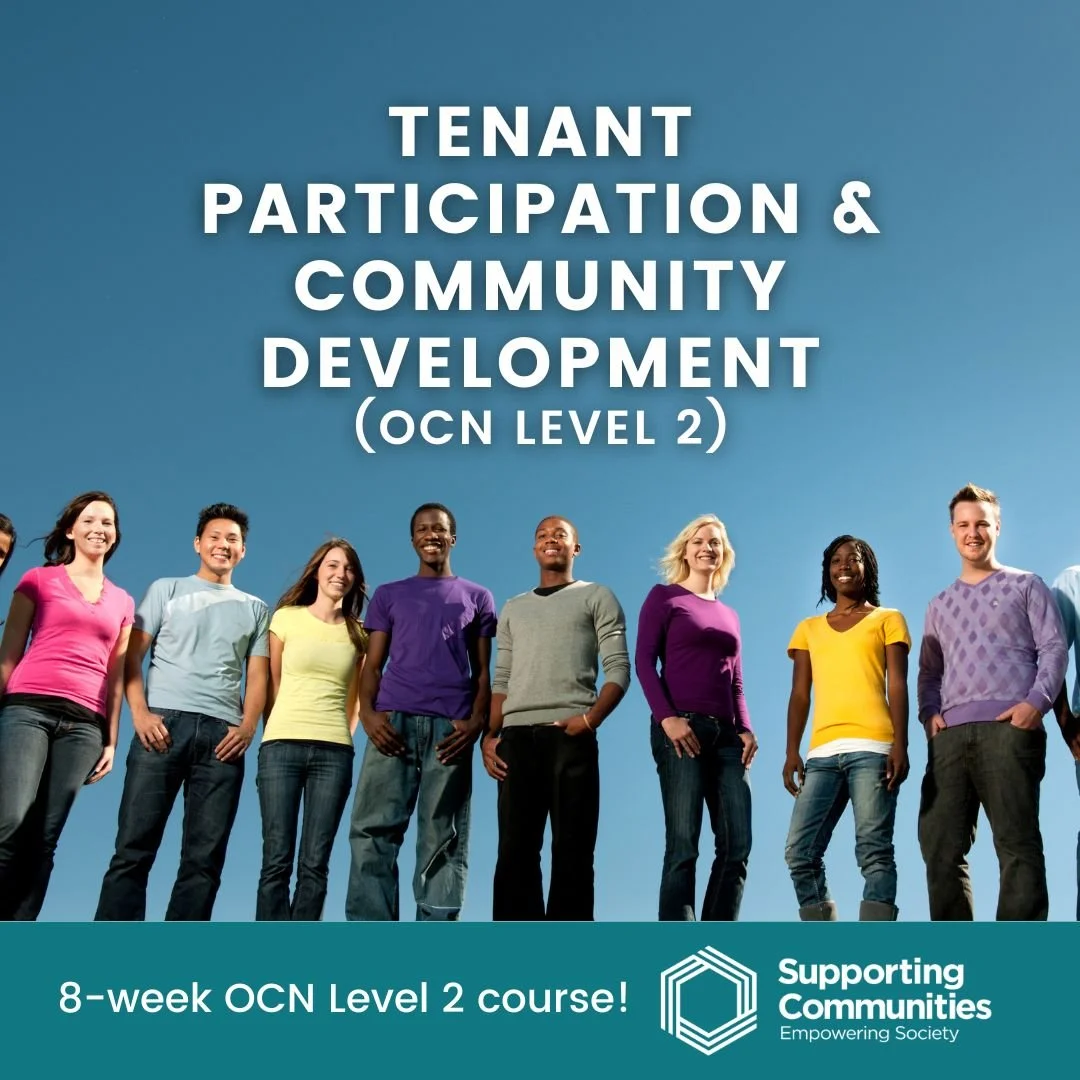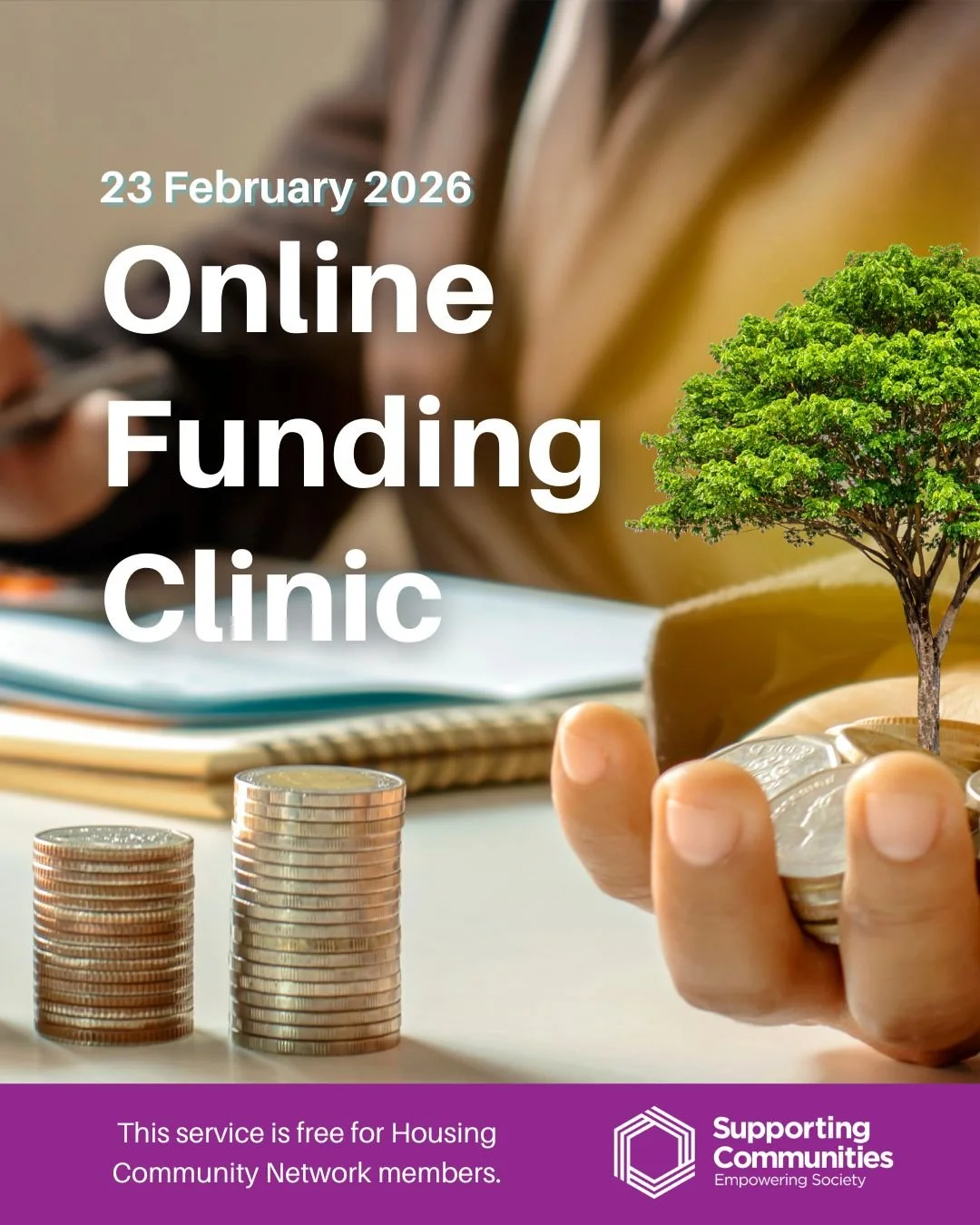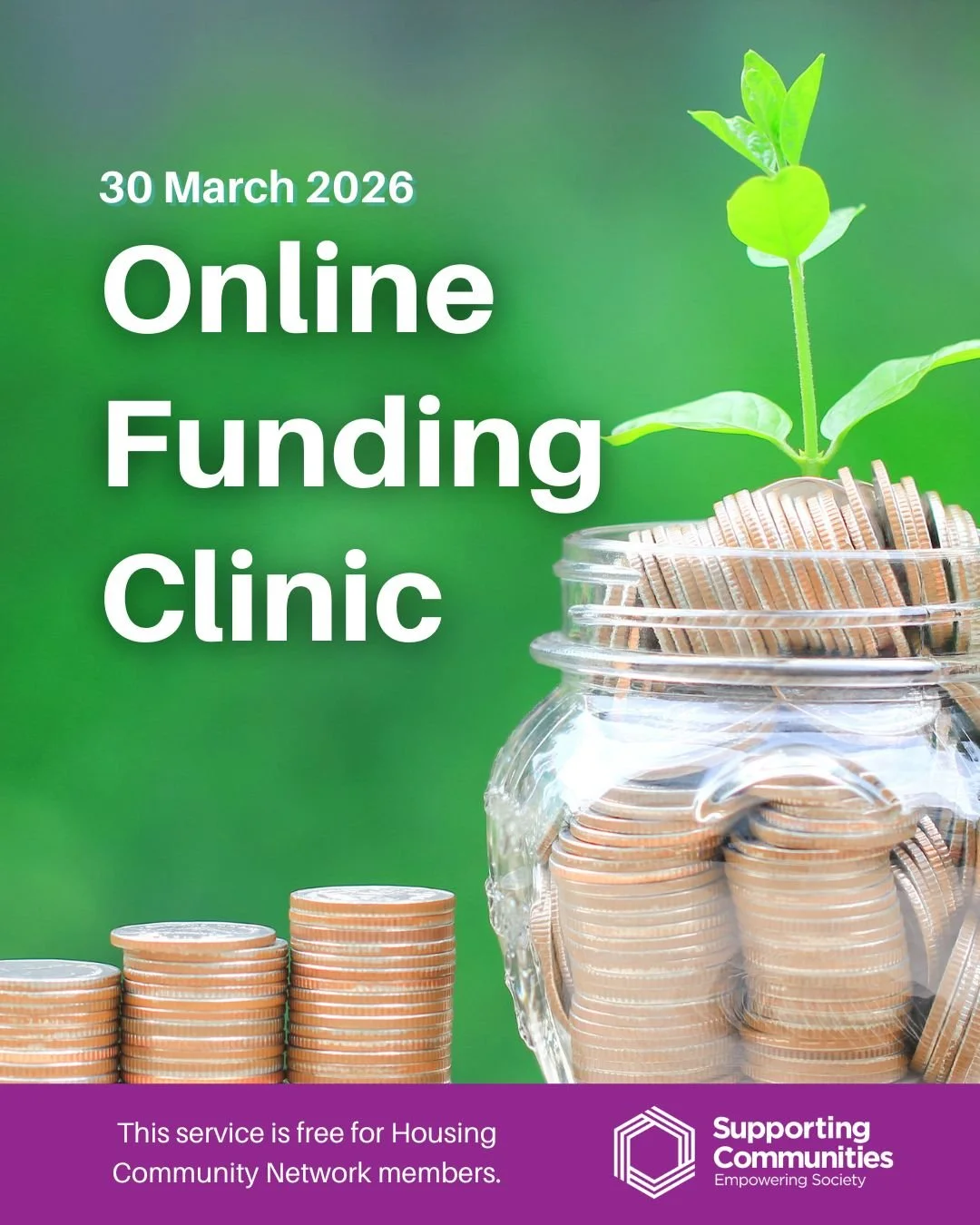What did you learn from the Great Pandemic, Murray?
/MurrAY WATT
by Murray Watt, CDO for South, East & West Belfast
These thoughts have their origin in discussions and reflections on the community response to the restrictions imposed by the COVID-19 Regulations at the South & East Belfast Housing Community Network and what lessons might come out of it.
During the last four months, we have all experienced a retreat and withdrawal from things we would normally take for granted, things that we see as mundane and not morally significant in everyday life. The first lesson we should have learned is that these activities frame and nourish some of the most important aspects of our lives and values; our family lives, friendships, work and personal relationships, and all manner of social interaction and participation. We have also been reminded that many elderly or vulnerable households already find these activities a challenge, and under lockdown, they become impossible.
The response at a local level to these challenges has been marvellous; it is right that we should celebrate and commend all those groups and individuals who contributed countless hours, with only a modicum of statutory resources, delivering support of the most practical kind to those households which might otherwise have been left behind with potentially tragic consequences. Of course, on top of this is the social interaction led by volunteer quizmasters, bingo callers, artists, musicians, and others over the last four months keeping up spirits and keeping people safe.
I don’t know if it will ever be calculated exactly how many food and domestic parcels, including prescriptions were delivered or if we would be able to comprehend the impact or significance of the figure if it is ever known. Indeed, I don’t know if you can measure or quantify kindness such as we have seen or if we even ought to; it is clear that kindness as a concept and a principle should underwrite public and social policy. That is perhaps a lesson worth learning.
In South and East Belfast, the best picture of the response was provided by the local Housing Executive Office and was compiled by patch managers and management in the form of an information leaflet highlighting and signposting local support mechanisms. The obvious lesson coming out of this is the need for up to date information on the availability of services and the need for agencies and the charitable and community and faith sector organizations.
The Housing Executive should be commended for the provision of funding to resource community response activities; some £29,000 was made available to local groups where it was needed and where it could be immediately and effectively committed. The funding was also made available quite quickly and enabled smaller groups with little or no reserves to provide much-needed assistance at the point of need.
As well as providing financial support to local communities, local housing staff had contacted as many tenants as possible prioritising elderly and vulnerable households. Across South and East Belfast there are some 1500 tenants over the age of 70. By the time of our Housing Community Network meeting in early June, housing staff had made some 6,000 telephone calls and directly contacted 4,000 tenants; from this contact an additional 150 referrals were made to charities for households who might otherwise had fallen through the net. It should also be recognized that this additional work role was undertaken by staff in straitened and limited circumstances.
Early in the lockdown, I returned to the text of ‘The Plague’ by Albert Camus where the eerily normal Dr. Rieux responds to the obvious question; ‘The only way to fight the plague is with decency. I cannot say what that means in general, I know it consists of me doing my job’. Well, it seems to me that across South and East Belfast housing staff and charity workers and volunteers did just that and more; we are all the better for it.










